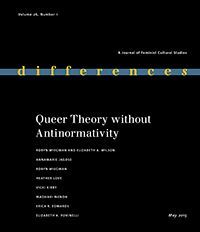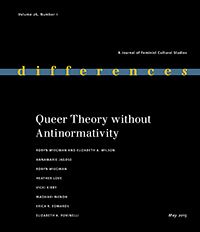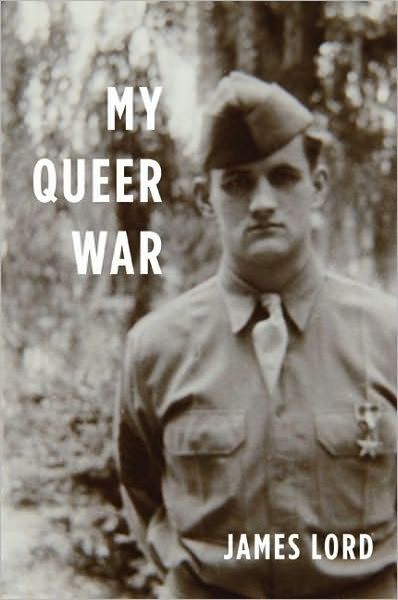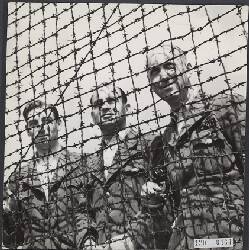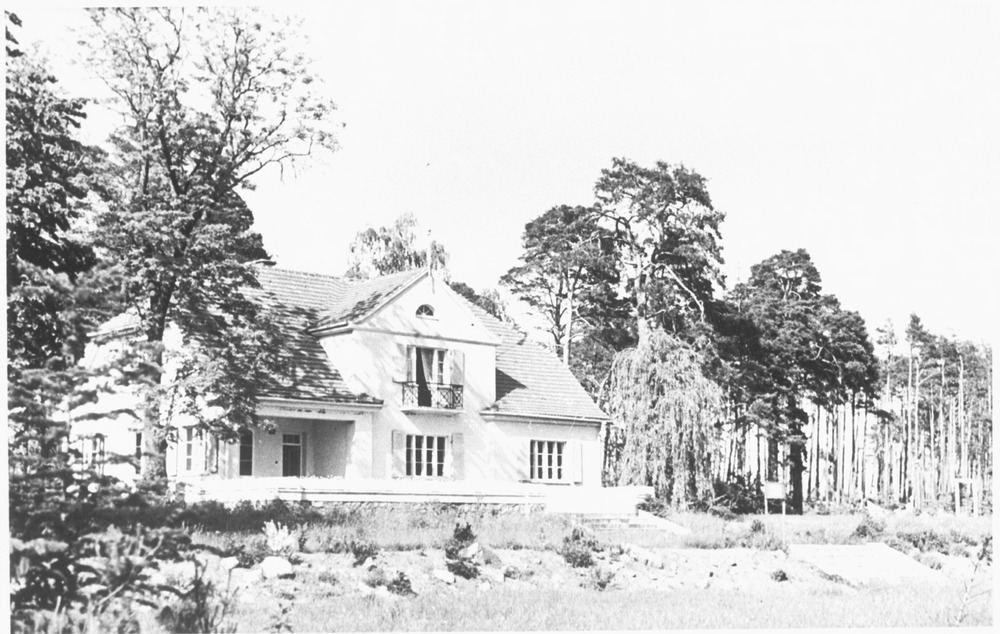Universalism and Partition : A Queer Theory
This essay argues that the politics of partition encourages an ever specialized particularism that also undergirds identity politics. In such a world of particulars, we become what our identities proclaim us to be. While accepting that differences exist, universalism interrupts the ontological claim of particularity in order to posit a noncausal relation between what we do, think, eat, wear, profess, on the one hand, and what we are, on the other. This interruption of ontology leads also to an eruption of the many layers in which we live our lives - across sexes, genders, religions, and borders of all kinds. Arguing that differences are universal while ontological identities are not, this essay considers the role of Muslims in relation both to the Partition of India and the concentration camps at Auschwitz. In addition to making the case for a non-Enlightenment notion of universalism, this argument also expands the ambit of what we consider 'queer'. Partitions of all kinds are premised on a binary opposition of the norm and the antinorm. By suggesting that we reconsider the discourse of partition in relation to the lived reality of universalism, this essay makes the case for a queer universalism that haunts the seemingly rigid binaries of identitarian partitions.
- IHLIA LGBTI Heritage
- tijdschriftartikelen
- queer.the.wit.b.N296553
- islam
- queer theory
- politiek
- pakistan
- normalisering
- lhbtq+-sociale processen
- identiteit
- bangladesh
- india
- concentratiekampen
- duitsland
Bij bronnen vindt u soms teksten met termen die we tegenwoordig niet meer zouden gebruiken, omdat ze als kwetsend of uitsluitend worden ervaren.Lees meer
